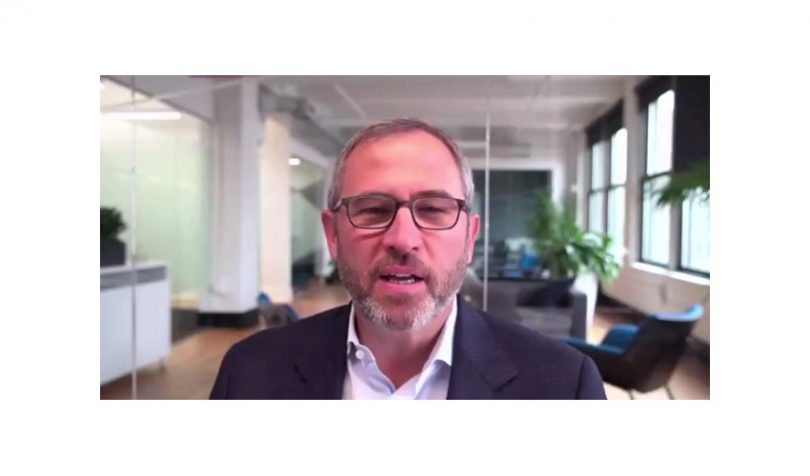Today at the Aspen Security Forum, Ripple’s CEO Brad Garlinghouse didn’t pull any punches when talking about the Security and Exchange Commission’s (SEC) perceived lack of clarity on cryptocurrencies. The SEC has sued Ripple claiming that XRP is a security.
“In my judgment, if you’re dealing with an alcoholic that doesn’t want to admit they have an alcohol problem, to say that we have certainty, we have clarity, is like the alcoholic saying ‘I don’t have a problem’. This is the elephant in the room,” said Garlinghouse.
Yesterday, in another Aspen Security Forum chat, SEC Chair Gary Gensler stated that he sees the SEC’s position as quite clear, reiterating the Howey and other tests for classifying a security. And he believes that clarity has existed for several years since former SEC Chair Jay Clayton outlined the same position.
“A lot of this is clearer than some of the entrepreneurs would like to think,” said Gensler yesterday.
Garlinghouse is personally a defendant in the SEC case and didn’t go into any case details. However, clearly, the topic is somewhat relevant. With XRP’s $33 billion market capitalization, Garlinghouse has a few billion reasons to bang the drum.
“For years I think the crypto industry has asked for that clarity, and yesterday we heard ‘it is clear’,” said Garlinghouse. “Yet a few weeks ago we had two (SEC) Commissioners Peirce and Roisman saying (in) a letter, I’ll quote, they said “a decided lack of clarity for market participants around the application of the securities laws to digital assets and their trading.'”
He continued, “We can’t keep saying it is clear and then trying to make it clear through enforcement. You see other G20 markets like the UK, like Japan, like Switzerland, like Singapore who have been proactive and engaged. And that has helped these markets thrive in those countries. If the U.S. wants to be a leader in this space, then we need to provide that clarity and not act like there is clarity.”
Gensler’s point yesterday was that it is clear, but it’s perhaps not the position desired by entrepreneurs. Gensler also mentioned that the SEC has brought 75 cases in the sector. Today Garlinghouse implied those cases were not relevant to the Ripple situation. He claimed that 37 cases did not involve digital assets, and another 37 cases were initial coin offerings (ICOs), many of which were frauds.
“Only one of the 75 involves a digital asset outside of an ICO. And for obvious reasons, I’m not going to talk too much about that case,” he said. The reason being the 75th case is against Ripple.
A listener asked why Ripple hasn’t moved out of the United States. “To some degree, the answer is we are,” replied Garlinghouse. Ripple is hiring more people abroad for these reasons and has a significant presence in Singapore and London. Ripple’s On Demand Liquidity (ODL) product uses XRP. Any new ODL customers are now onboarded to a non-U.S. company.
“Being a company based here in the United States, I want to see the United States thrive in this area. I want to work with the U.S. government to provide the clarity, to provide the certainty. But trying to provide that clarity through enforcement action is not, I think, the right answer,” said Garlinghouse.
“Should we fully give up on the United States? I’m not willing to go there yet.”






